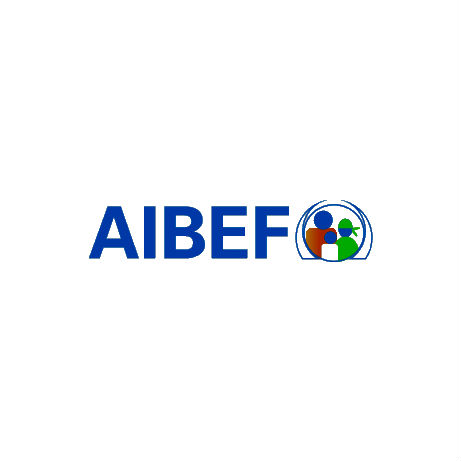

| 31 March 2016
Family Planning Association of Nepal
Established in 1959, the Family Planning Association of Nepal (FPAN) first joined IPPF in 1960 and become a full Member Association in 1969. When it was established, the idea of family planning was considered inimical to religious, cultural and social norms. With the institution of a government Maternal and Child Health Division in 1969, FPAN began to supplement and complement the national health and population programmes. Target populations include injecting drug users (IDUs), lesbian, gay, bi-sexual, trans-sexual and intersex (LGBTI) individuals, people living with HIV (PLHIV), survivors of gender-based violence (GBV) and trafficked returnees and refugees. FPAN serves these populations through an extensive network of 2,750 service points, comprising 127 static clinics, 116 mobile facilities, 184 associated clinics, 543 other agencies, and over 2,000 community-based distributors/services (CBDs/CBSs). Key areas of emphasis include adolescents' sexual and reproductive health, HIV and AIDS prevention and treatment, safe abortion, advocacy for sexual and reproductive health and rights (SRHR), the prevention of gender-based violence (GBV) and support for its victims, and the promotion of access to sexual and reproductive health (SRH) information and services to marginalized and under-served groups. With the dedicated backing of 450 full-time professional staff, 1000 community counsellors, 4000 peer educators and 11,000 grassroots volunteers, FPAN has the capacity to mobilize on a large scale, and with the support of over 20 governmental departments, non-governmental organizations (NGOs) and foundations, it has a secure funding base to maintain and expand its comprehensive programme of activities. Contacts Website: www.fpan.org

| 31 March 2016
Association Ivoirienne pour le Bien-Etre Familial
The population of the Ivory Coast suffers from a litany of sexual and reproductive health (SRH) problems common to many countries on the continent: frighteningly high rates of maternal death, early pregnancies, child mortality and HIV prevalence, coupled with very low rates of contraceptive use. Additionally, instances of female genital mutilation (FGM) are frequent and the SRH and psychological repercussions that the practice presents are severe. The Association Ivoirienne pour le Bien-Etre Familial (AIBEF) was founded in 1979. It works closely with the National Population Bureau in the planning and implementation of the National Population Policy and the National Youth Policy. The government and legislators have called on the organization for advice and counsel because it is the one of the most experienced organizations in the field and has unparalleled expertise drawn from ground level experience. To complement and expand its scope, AIBEF partners with a number of non-governmental organizations (NGOs) including the Futures Group, Pathfinder International, the Population Council, John Hopkins University, John Snow International, Columbia University and Family Health International. Major donors include the European Union, IPPF’s Japan Trust Fund, The Global Fund Against TB and Malaria, Alliance International and the World Bank. Additionally, it partners with Collectif des ONG de Lutte contre le Sida en Côte d’Ivoire and RIOF – national networks whose primary objective is to increase SRH capacity. Contacts Facebook: https://www.facebook.com/AIBEF-1478416299110640/







